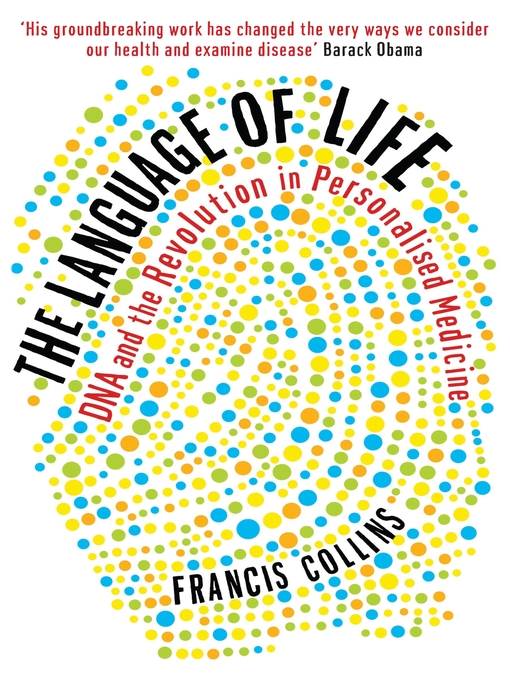
The Language of Life
DNA and the Revolution in Personalised Medicine
دی ان ای و انقلاب در پزشکی شخصی
کتاب های مرتبط
- اطلاعات
- نقد و بررسی
- دیدگاه کاربران
نقد و بررسی

Starred review from July 13, 2009
At first, the worst week of Janzen's life—she gets into a debilitating car wreck right after her husband leaves her for a guy he met on the Internet and saddles her with a mortgage she can't afford—seems to come out of nowhere, but the disaster's long buildup becomes clearer as she opens herself up. Her 15-year relationship with Nick had always been punctuated by manic outbursts and verbally abusive behavior, so recognizing her co-dependent role in their marriage becomes an important part of Janzen's recovery (even as she tweaks the 12 steps just a bit). The healing is further assisted by her decision to move back in with her Mennonite parents, prompting her to look at her childhood religion with fresh, twinkling eyes. (She provides an appendix for those unfamiliar with Mennonite culture, as well as a list of “shame-based foods” from hot potato salad to borscht.) Janzen is always ready to gently turn the humor back on herself, though, and women will immediately warm to the self-deprecating honesty with which she describes the efforts of friends and family to help her re-establish her emotional well-being.

Starred review from November 9, 2009
A medical revolution is upon us and bestselling author Collins (The Language of God
), director of the National Institutes of Health, does a fabulous job of explaining its dimensions. Our knowledge of the genetic basis for disease has increased exponentially in recent years, and we are now able to understand and treat diseases at the molecular level with personalized medicine—care based on an individual's genetic makeup. Collins presents cutting-edge science for lay readers who want to take control of their medical lives. In an enjoyable form, he discusses cancer, obesity, aging, racial differences, and a host of other concerns. Most fascinating is the way Collins discusses the medical advances currently in place and those soon to come that are directly attributable to the federal government's Human Genome Project, headed by Collins, and which mapped the entire human genome. Collins is also not shy about taking on large political issues. He points out problems with our current health-care system, discusses stem-cell research, and in a cogent commentary, recommends—with caveats—direct-to-consumer DNA testing. By using case studies throughout, he does a superb job of humanizing a complex scientific and medical subject. Illus.

























دیدگاه کاربران